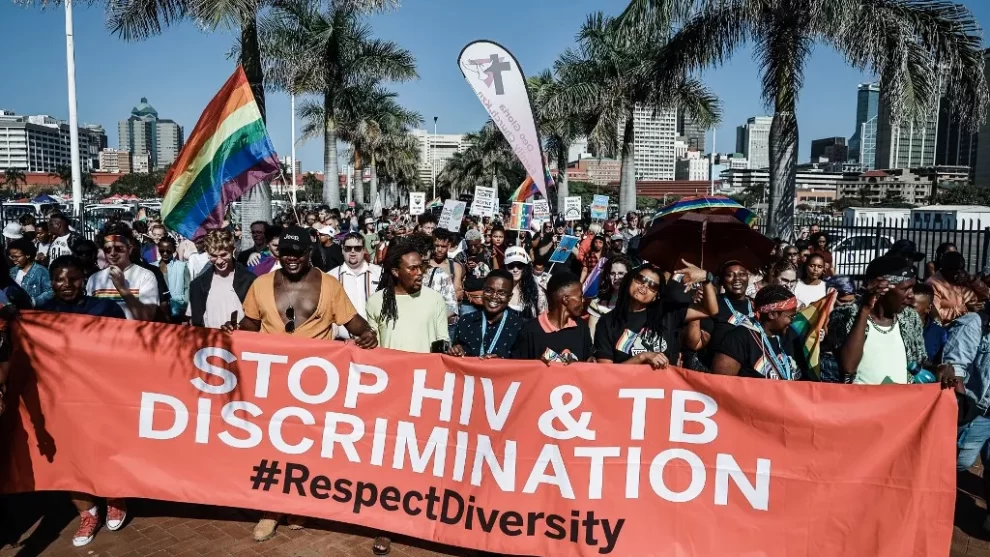In the Ugandan capital of Kampala, the usually buzzing HIV/AIDS treatment center is almost empty days after parliament enacted a controversial anti-gay law. According to staff, the usual daily influx of approximately 50 patients has dried up, antiretroviral drugs pile up unused.
A resident medical officer at a US-funded clinic, warned that new waves of HIV infections were forming as vulnerable people stayed away from treatment centers, afraid of being identified and arrested under the new laws.

“The LGBT community in Uganda is on lockdown now,” he said. “They don’t have preventive services. They cannot access condoms … they cannot access ARTS (antiretroviral).”
Under the bill, which President Yoweri Museveni signed into law last week, gay sex is punishable by life in prison while “aggravated homosexuality”, including the transmission of HIV, is punishable by death.
Until this year, the Kampala clinic had been a beacon of success for the fight against HIV in Uganda, where 1.4 million people live with the virus and 17,000 die a year as a result of its ravages, according to the Uganda AIDS Commission.
Now, when patients do come in, it’s often out of absolute necessity. The HIV cases presenting has thus become more severe as people skip treatments.
A US official suggested that the law would reverse the country’s advancements in fighting HIV/AIDS.
That statement was rebuked by Ugandan prime minister, Dr. Jane Ruth Aceng Ocero, who responded that the government would ensure that prevention programs would remain accessible to those that needed them.
Nonetheless, the trend of HIV patients staying away from treatment centers is being mirrored on a national level, according to Mary Borgman, country director for the US President’s Emergency Plan for AIDS Relief (PEPFAR), which funds the Kampala clinic and about 80 other drop-in centers across Uganda.
She said fear had increasingly been deterring people from coming in for treatment ever since the anti-gay bill was introduced in parliament in March.
The people living with the virus are not the only ones afraid of repercussions. Many medical officials are reluctant to provide services to gay patients, as they fear being accused of defending and promoting homosexuality.
Reporting gay activity
Lillian Mworeko, the East African regional coordinator for the International Community of Women living with HIV/AIDS, said some providers feared that offering medical services to LGBTQ patients could be classed as “promoting” homosexuality, an offense punishable by 20 years in prison under the new law.
The Ugandan bill toughened up an existing British colonial-era law, under which gay sex was already illegal. Proponents say the new legislation is needed to counter what they allege are efforts by LGBTQ Ugandans to recruit children into homosexuality.
The amended version signed by Museveni didn’t criminalize merely identifying as LGBTQ, as a previous version did, and revised a measure that required people to report gay activity to only oblige reporting when a child was involved.
Though acclaimed nationally by public opinion and seen as a clear statement against the propagation of “corrupt western mores” in African societies, local activists have denounced the backwardness of the law, pointing out that homosexuality existed in precolonial Africa, was accepted in most cultures than others and was not considered unnatural or a sin.
“The majority of these people, like transgender or queer people, have gone through a lot already,” shared a medical officer.
At the Kampala clinic, run by local charity Icebreakers Uganda, one of the medical officers said he understood the fears of LGBTQ people in Uganda who often endured painful lives, featuring rejection by their families and arrests.
Source: AFRICANEWS




















Add Comment